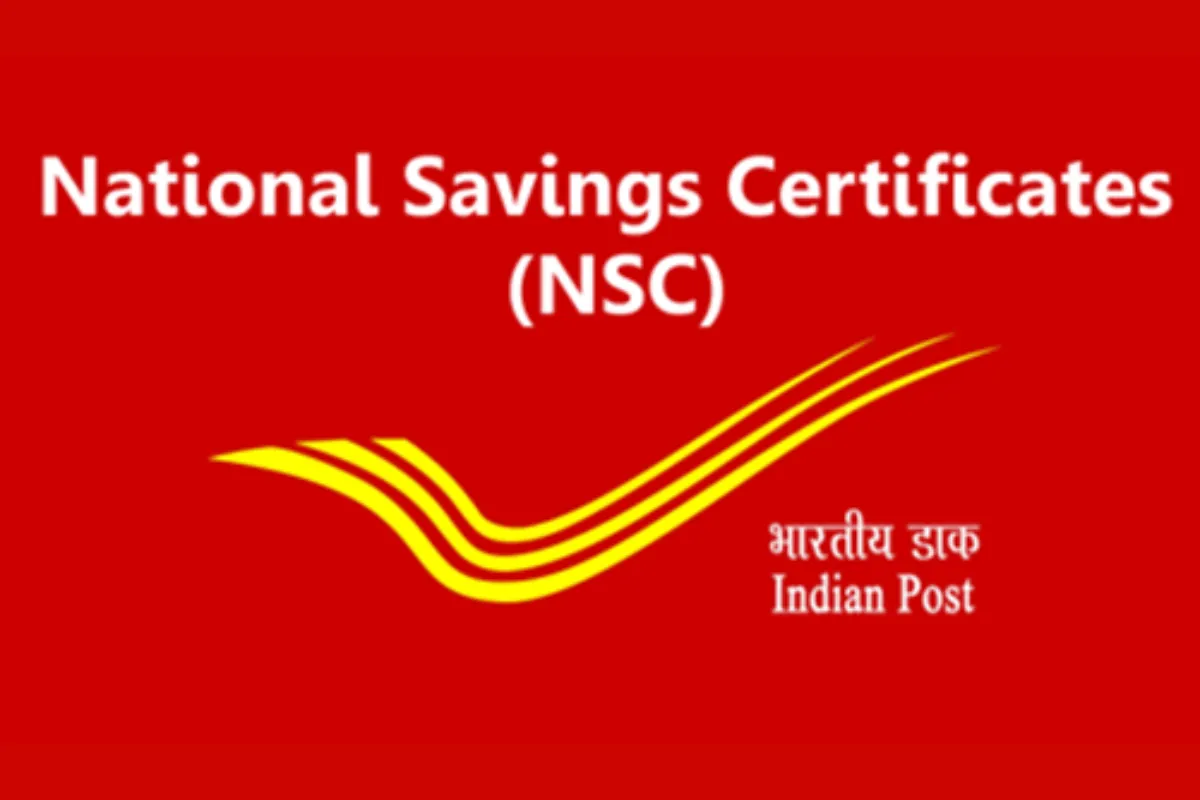The National Savings Certificate (NSC) is a fixed-income investment scheme that can be initiated at any post office across the nation. Launched by the Indian Government, this initiative is aimed at fostering a culture of saving and investment among low to middle-income investors. Furthermore, it provides a way for these subscribers to earn tax benefits, making it an appealing choice for the public.
Interest Rates and Tenure: Understanding the Basics
The NSC scheme operates on a fixed period of 5 years, with an attractive annual interest rate of 7.7%. In the latest update, the government reduced the interest rates from 7.9% to 6.8% for the April to June quarter of the current financial year. Yet, despite these changes, NSC remains a solid choice for investors due to the security of a government-backed scheme.
Investment Details: Minimum Amount and Tax Benefits
With an entry threshold of merely Rs.1,000, the NSC scheme becomes accessible to a broad range of investors. In addition, investments in NSC can earn investors tax deductions under Section 80C of the Income Tax Act, further enhancing the appeal of this savings scheme.
Eligibility for NSC: Who Can Invest?
The NSC scheme has been structured primarily for Indian citizens. Individuals can invest in their capacity or jointly with another adult. Moreover, investments can also be made on behalf of a minor. However, non-resident Indians, Hindu Undivided Families (HUF), and Trusts are not eligible to participate in the NSC scheme.
Adapting to Changes: Recent Updates on NSC
As part of this decision, the interest rates for NSC were reduced by 110 bps. Despite this recent change, the NSC scheme remains a trustworthy and robust investment platform.
In conclusion, the National Savings Certificate (NSC) stands as a reliable investment avenue, fostering a habit of regular savings and offering tax advantages. Its popularity continues to grow due to its accessibility, the security of a government-backed scheme, and its adaptability in the face of changing interest rates.
Keep watching our YouTube Channel ‘DNP INDIA’. Also, please subscribe and follow us on FACEBOOK, INSTAGRAM, and TWITTER.








